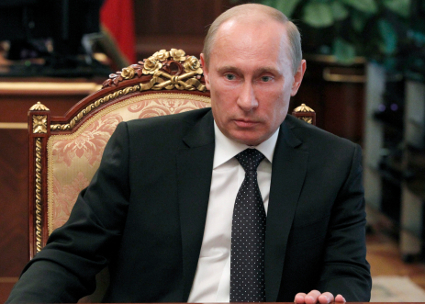Terrors of today’s nimble dictators are no less horrible

These days, “Big Idea” books sell. In William Dobson’s case, he traveled 93,268 miles and collected 200 interviews to back up his big idea: That dictators today are more nimble about being autocratic than their predecessors.
“The Dictator’s Learning Curve: Inside the Global Battle for Democracy” examines the process by which the Stalins of the world have given way to Putins, leaders adept at “skillful new forms of authoritarianism that blurred our definitions of democracy and dictatorship.” But this idea isn’t nearly as interesting as the individuals and immersive experiences Dobson renders in its support.
In Venezuela, Russia, China, and Egypt, Dobson finds variations on this theme. The Russia of Vladimir Putin has successfully co-opted nongovernmental organizations, or NGOs, with a system of GONGOs — government-operated nongovernmental organizations.